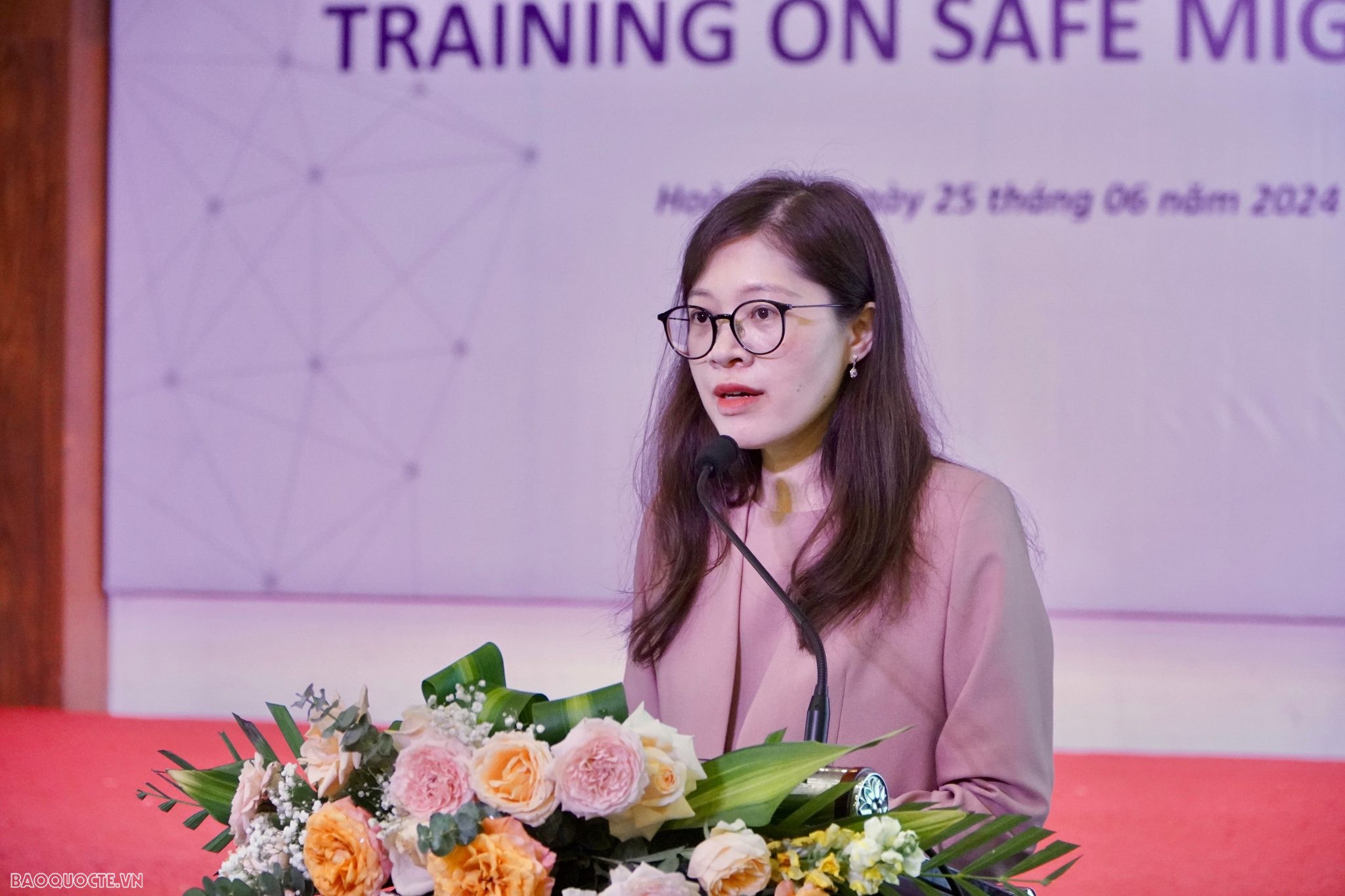 |
| Deputy Director of the Consular Department Phan Thi Minh Giang at a training course on safe migration and protection of Vietnamese citizens abroad. (Photo: Tuan Viet) |
On the sidelines of the training course on safe migration and protection of Vietnamese citizens abroad (June 25-26), Deputy Director of the Consular Department Phan Thi Minh Giang gave an interview to The Gioi & Viet Nam Newspaper about the work of protecting Vietnamese citizens abroad in the context of many citizens being tricked into working by online establishments in the Southeast Asian region, which is becoming increasingly painful.
Could you tell us about the difficulties and risks that Vietnamese workers often encounter when working abroad?
Currently, citizens go to work abroad in many diverse forms: through service companies, organizations, individuals investing abroad; under the labor and vacation programs that Vietnam has signed with a number of countries, seasonal labor programs, cross-border labor cooperation at the local level with Korea and China. In addition, there is also a group of spontaneous workers, in border areas or staying abroad to work through tourism .
According to the Ministry of Labor, War Invalids and Social Affairs (MOLISA), there are currently about 650,000 Vietnamese workers working abroad under contracts in 40 countries and territories, most of which are in Northeast Asia. Female workers account for more than 30% to more than 40% depending on the market and each period. If we include those who are working in other forms, the actual number is much larger.
During the process of working abroad, Vietnamese workers may encounter many different difficulties and risks, depending on the form of working abroad and the type of work. The most obvious difficulties are language and communication barriers, cultural and lifestyle differences, difficulty in accessing health services, social protection, and psychological problems when being away from family and relatives, alone in a foreign country.
In addition, workers may also face risks of being harmed such as having their identity documents confiscated, being discriminated against, being mistreated, working overtime, having accidents, not being paid according to their contracts, not being guaranteed working conditions, being forced to commit illegal acts... And for those working through informal channels, the risks are even greater.
In particular, the recent situation of citizens being tricked into working at online scam establishments in the Southeast Asian region shows that these risks have become extremely painful issues when the legitimate rights and interests of citizens are seriously violated, many of them become victims of crimes, especially cybercrimes, or become victims of human trafficking.
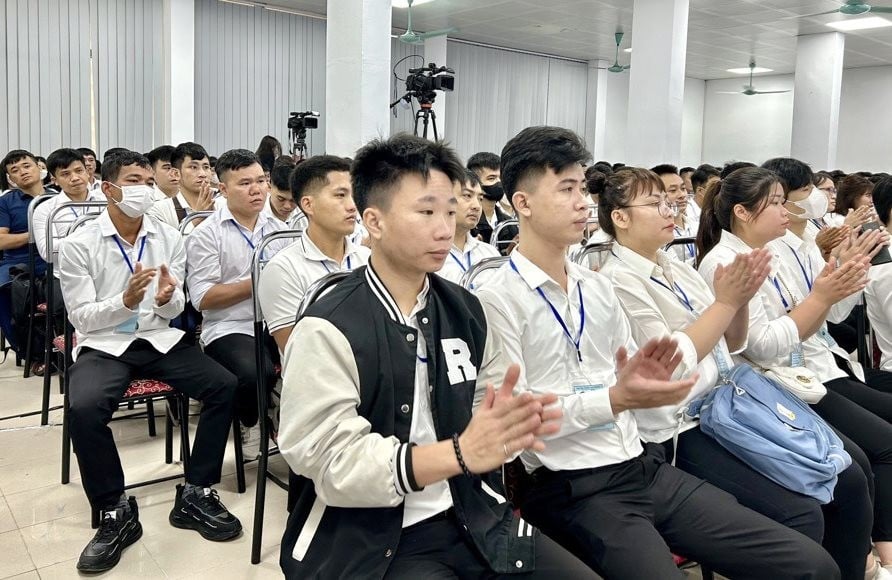 |
| The Overseas Labor Center - Ministry of Labor, Invalids and Social Affairs organizes a Korean language course to select workers to work in Korea. (Source: Hanoi Moi) |
Faced with the increasing exploitation of Vietnamese citizens by online scammers, how is the work of protecting and repatriating Vietnamese citizens in these cases being carried out?
Recently, the situation of citizens being taken to some countries in the Southeast Asian region such as Cambodia, Laos, Myanmar, and the Philippines (transit via Thailand) for the purpose of forcing them to work at online fraud establishments continues to be extremely complicated.
According to a preliminary summary by the Consular Department, from 2021 to now, about 4,000 citizens have been rescued, supported and brought back to the country by Vietnamese representative agencies abroad; some cases have been identified as victims of human trafficking.
Faced with the above situation, the Ministry of Foreign Affairs together with Vietnamese representative agencies abroad always closely monitor the situation, increase propaganda and warnings, and immediately deploy verification and rescue work upon receiving information from domestic authorities, from families and relatives of citizens through exchanges and close work with local and domestic authorities and relevant organizations to promptly protect, support and bring citizens home.
Although in reality there are countless difficulties in accessing and handling, this work has been implemented very actively and promptly, with a very high sense of responsibility and above all, stemming from deep sympathy and sharing with the pain that citizens have had to go through.
According to the assessment of the International Organization for Migration (IOM) and the International Criminal Police Organization (Interpol), this issue is becoming alarming globally due to the close connection between different types of organized crime along with the abuse of technology and artificial intelligence, requiring the responsibility of all countries to cooperate in responding and resolving.
Therefore, within its scope, the Ministry of Foreign Affairs is also continuing to promote cooperation with countries in the region, proposing exchanges and close coordination in rescuing citizens at online fraud establishments, identifying victims of human trafficking, and strengthening cooperation in combating and preventing this type of crime.
Can you give any advice to Vietnamese workers who are preparing to work abroad and Vietnamese citizens working abroad who encounter emergency or crisis situations?
Vietnamese workers who intend to work abroad need to carefully research information about labor cooperation programs and businesses providing services to send workers to work abroad posted on the information pages of the Department of Overseas Labor Management, the Overseas Labor Center, the Ministry of Labor, Invalids and Social Affairs, and local authorities.
Workers need to be prepared not only in terms of qualifications and expertise, but also in terms of knowledge of Vietnamese and host country laws and policies, contract content, conduct, and issues of preventing and combating human trafficking and forced labor. This information is provided through orientation education programs.
At the same time, workers also need to proactively improve their foreign languages and consciously comply with Vietnamese and foreign laws. During the process of working abroad, if any problems arise, workers need to discuss and complain to the employer, the service enterprise sending workers abroad, as well as the focal agencies in labor cooperation between Vietnam and foreign countries, requesting measures to ensure their rights and interests.
For those who go to work not through service businesses that send workers to work abroad, it is necessary to carefully research the job content, the expected work location, the regime, the benefits of the labor contract, whether it is trustworthy or not, the personal background of the referrer... before deciding to leave the country.
In case of emergency and crisis, Vietnamese citizens in general and Vietnamese workers abroad in particular should immediately contact the Vietnamese representative agency in the host country via the representative agency's hotline number or contact the Ministry of Foreign Affairs' Citizen Protection Hotline (+84 981848484). At the same time, Vietnamese citizens should comply with the instructions of local authorities.
According to you, what should we do to promote safe migration in the coming time?
After the Covid-19 pandemic was controlled, the migration of Vietnamese citizens abroad has recovered and is on the rise, especially in the field of Vietnamese workers working abroad under contracts. In 2023, nearly 160,000 people will go abroad to work.
Therefore, I think that in the coming time, we need to continue to synchronously deploy the following measures to create a safe and legal migration environment for citizens:
Firstly, promote propaganda about existing legal and safe migration channels, risks of migration through unofficial channels, human trafficking, tricks of human trafficking criminals, illegal migration, strengthen education and dissemination of policies and laws related to migration, working and studying abroad, targeting specific subjects, including vulnerable cases, to raise awareness of the community and migrants, especially those preparing to migrate abroad.
Second, strengthen the management of residence, immigration, combat, prevent and handle illegal migration and human trafficking activities, expand legal and safe migration channels with other countries, so that migrants can choose legal migration channels that suit them, because migration is a choice, not a necessity, thereby helping to prevent illegal migration and human trafficking.
Third, enhance inter-sectoral coordination, strengthen common awareness and joint action in addressing migration issues and migration management to promote the implementation of the United Nations Global Compact for Safe, Orderly and Regular Migration (GMC) according to the Plan issued by the Prime Minister on March 20, 2020.
Thank you!
Source: https://baoquocte.vn/de-cong-dan-viet-nam-di-cu-an-toan-hop-phap-tranh-roi-vao-cam-bay-mua-ban-nguoi-276484.html




![[Photo] National Assembly Chairman Tran Thanh Man received a delegation of the Social Democratic Party of Germany](https://vphoto.vietnam.vn/thumb/1200x675/vietnam/resource/IMAGE/2025/10/28/1761652150406_ndo_br_cover-3345-jpg.webp)

![[Photo] Draft documents of the 14th Party Congress reach people at the Commune Cultural Post Offices](https://vphoto.vietnam.vn/thumb/1200x675/vietnam/resource/IMAGE/2025/10/28/1761642182616_du-thao-tai-tinh-hung-yen-4070-5235-jpg.webp)

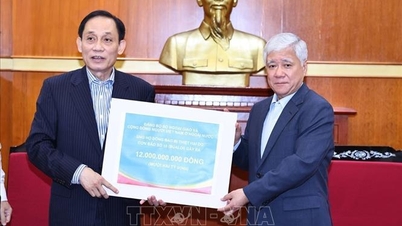

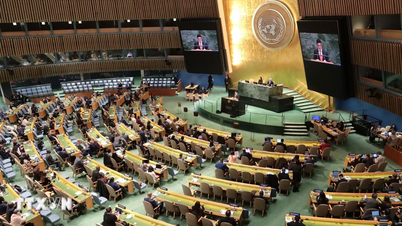

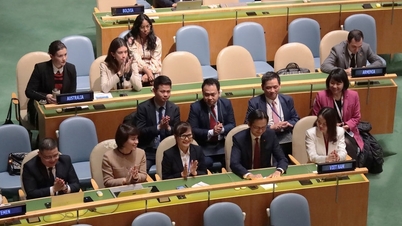




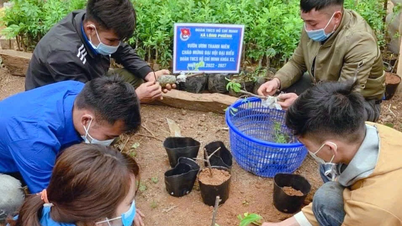

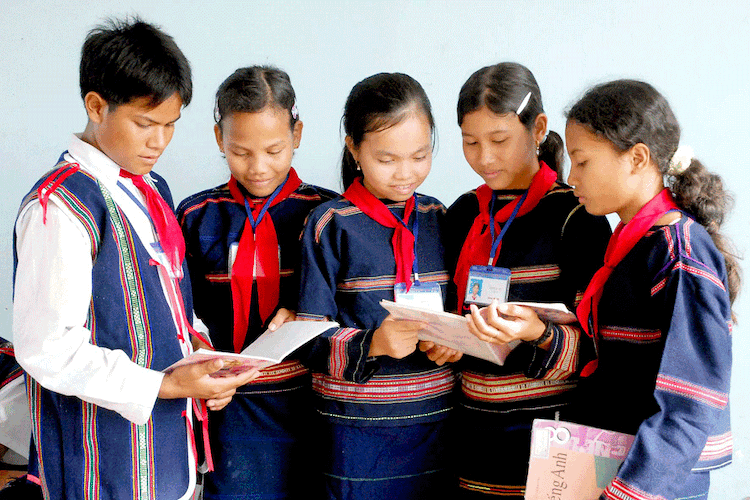

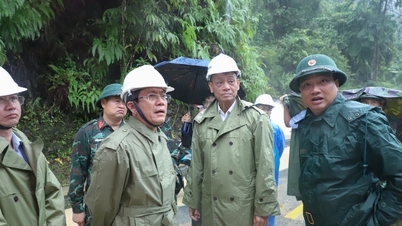



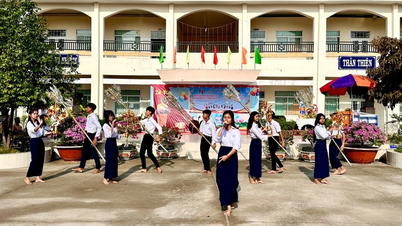

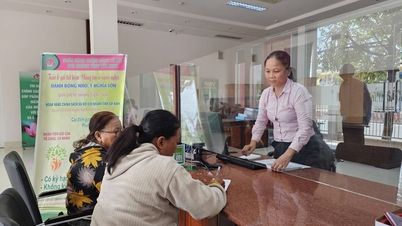





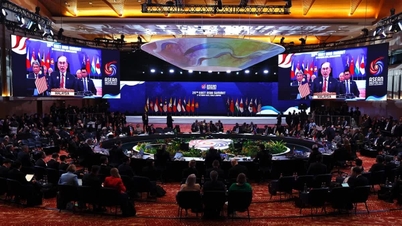
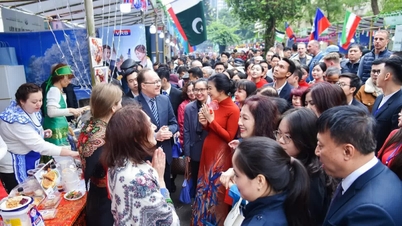
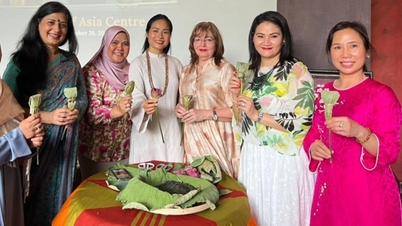
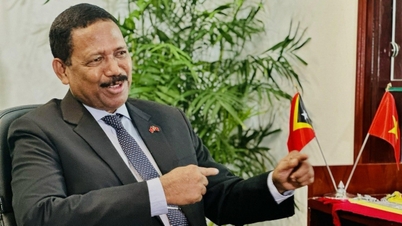
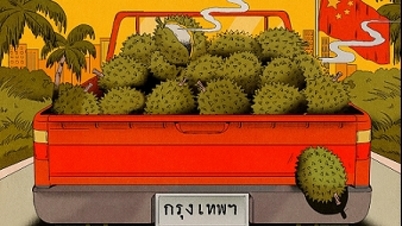
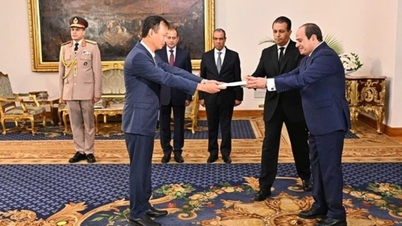

![[Photo] President Luong Cuong attends the 80th Anniversary of the Traditional Day of the Armed Forces of Military Region 3](https://vphoto.vietnam.vn/thumb/1200x675/vietnam/resource/IMAGE/2025/10/28/1761635584312_ndo_br_1-jpg.webp)































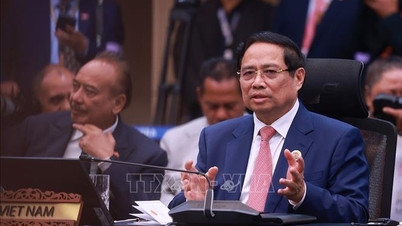
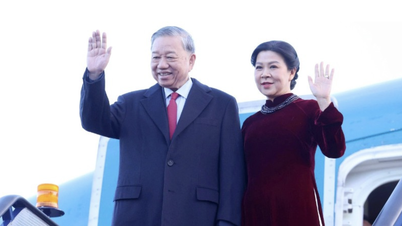



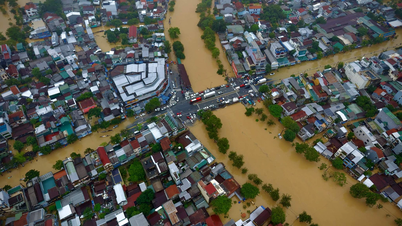


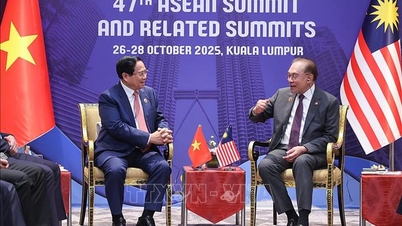
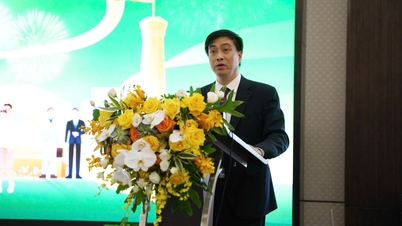


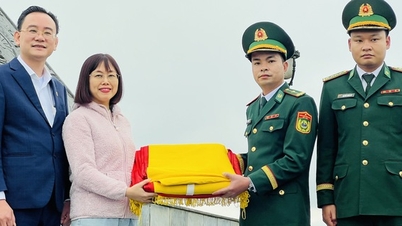

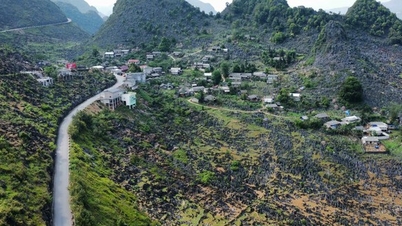

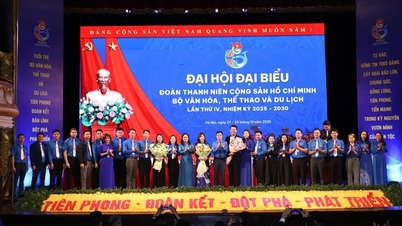
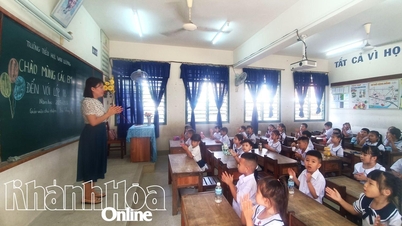

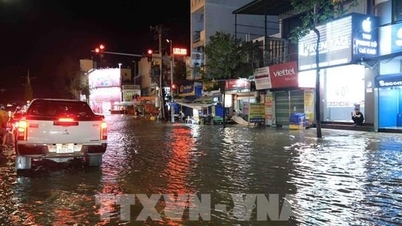

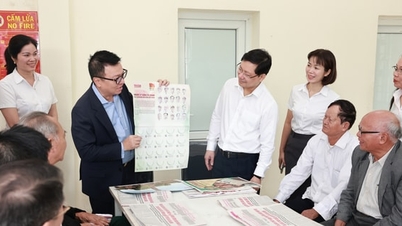

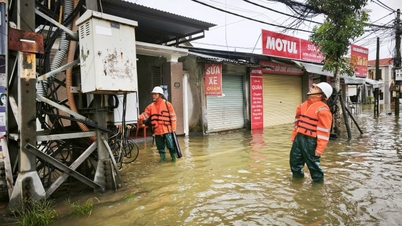

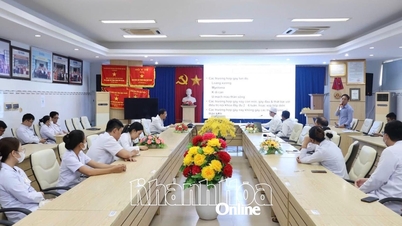
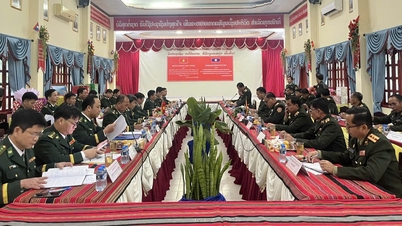











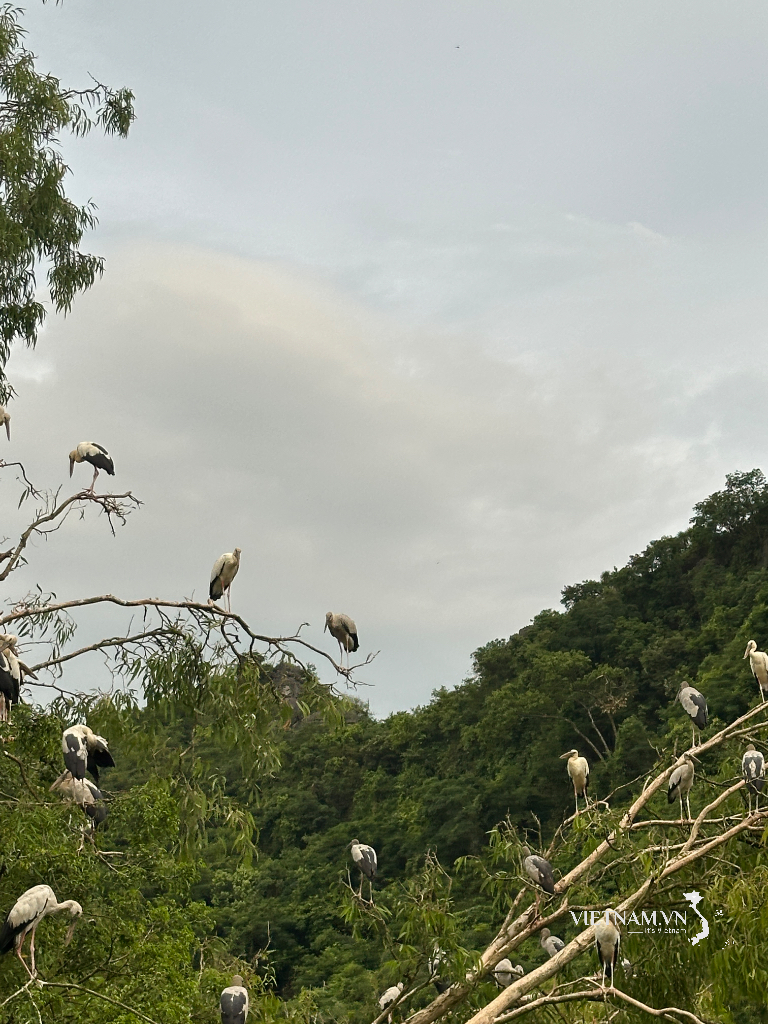



Comment (0)